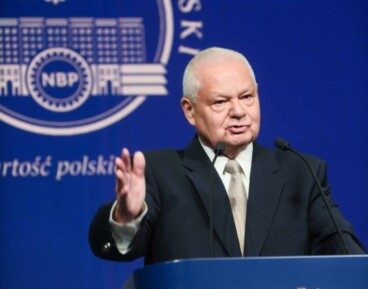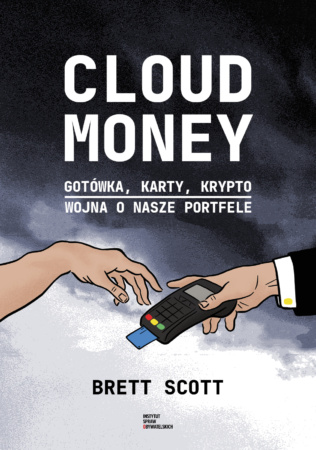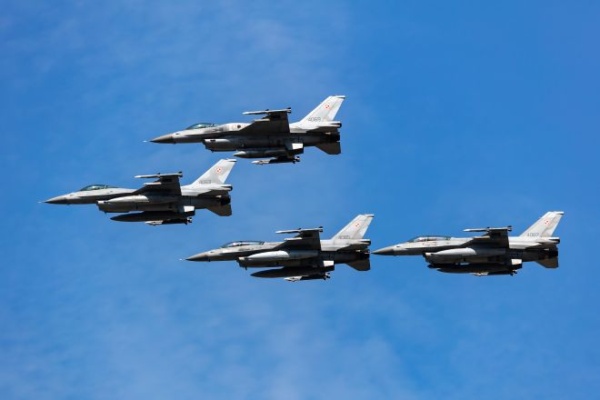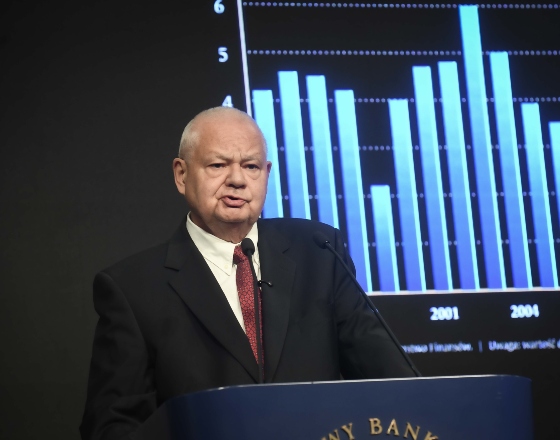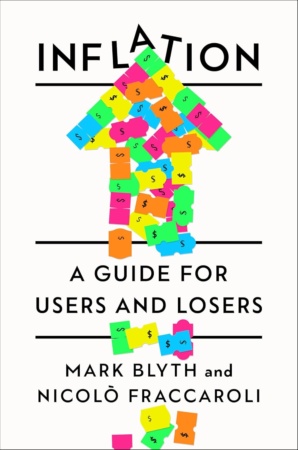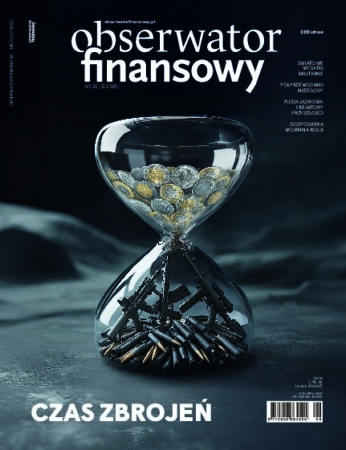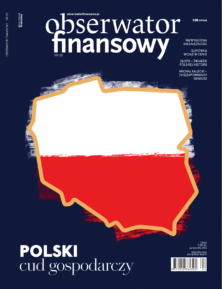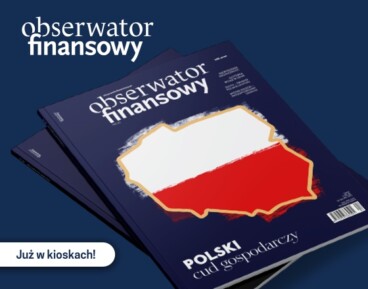Many observers have proclaimed the death of OPEC. This seems to be a premature judgment, and may reflect a misunderstanding of oligopolistic practices.
The decision not to cut production is not a sign of the OPEC impotence as has been argued. If OPEC would have cut output, and lost market share as a consequence, would OPEC’s future really been brighter?
OPEC is an unusual oligopoly. Its market share is less than 50%. There are important political and economic differences between members. Discrepancies of size, oil reserves and population are significant. Nevertheless, it has survived for nearly 55 years.
When faced with a new market entrant, what is the rational strategy of an oligopoly? What would John D Rockefeller or Andrew Carnegie do? Would they unilaterally disarm; surrender market share to the new entrant? No. They would help facilitate a decline in prices that would squeeze the pretender, and later lift prices.
A few months ago, many thought oil prices could only rise. What Mark Twain said about buying real estate because they stopped making it seemed to apply to oil. We are running out of the stuff was the claim of peak oil. The unexpected and stunning drop in prices has sparked a violent reversal of sentiment. Now observers have oil prices falling or lower for as far as the eye can see.
There is a story about a butterfly that lives for a single day. It lands on a powerful oak tree. The butterfly thinks the oak tree is dead because it did not move in the butterfly’s life time. Don’t be the butterfly.



